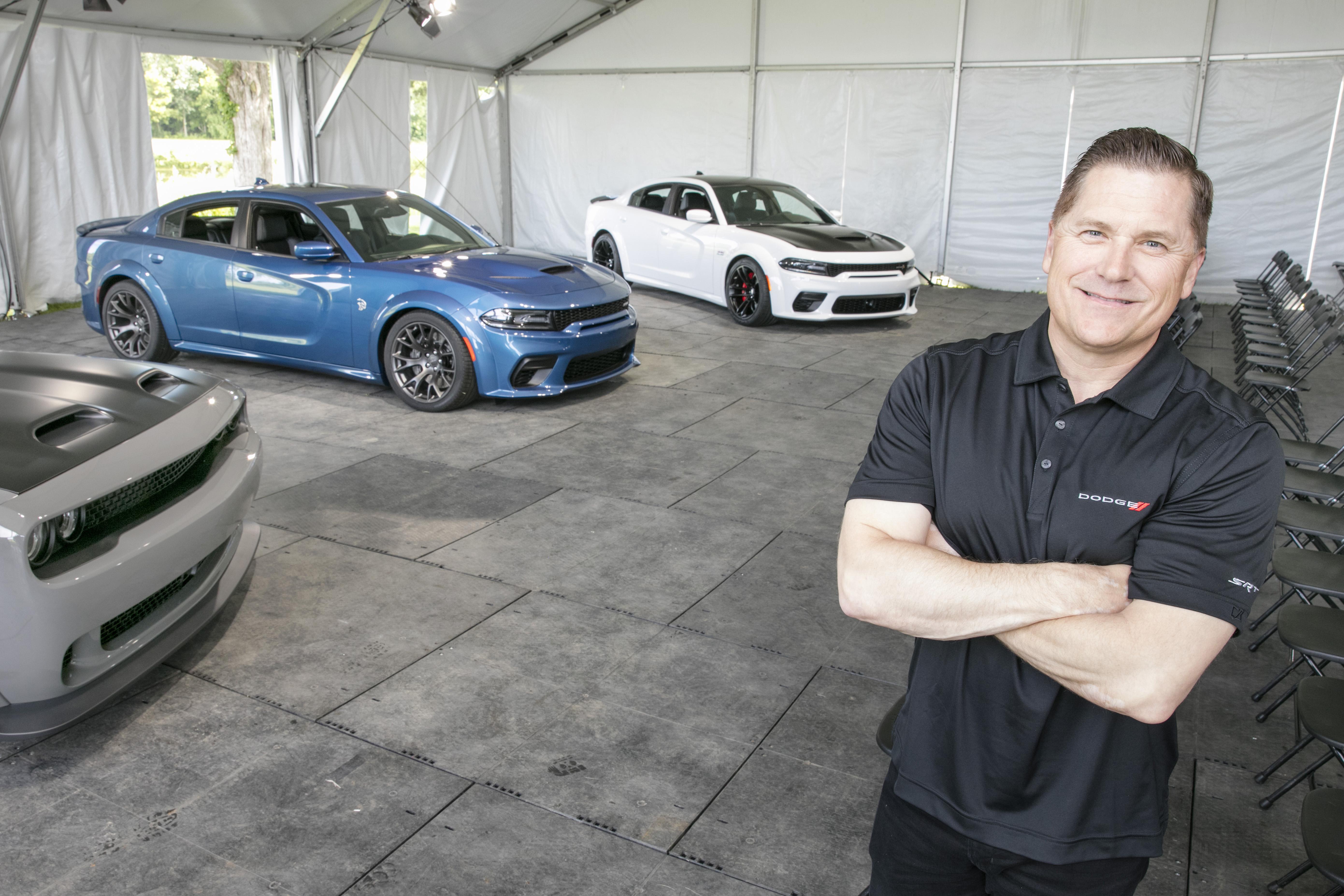
Ex-Stellantis CEO signed Hemi V8’s death warrant, now its biggest fan is coming back
Automotive conglomerate Stellantis’ CEO has resigned, and now executives are spilling the tea on what it was like to work for Carlos Tavares – and some of the controversial decisions he was behind.
CNBC reports one of those decisions was the axing of the Hemi V8 engine.
“Everybody wanted to keep [Hemi],” one unnamed executive told CNBC. “But it was, ‘You need to be greener’” and there was little to nothing they could do to change the decision.”
Just months after his May retirement as CEO of Ram and Dodge, and just a week after Mr Tavares’ resignation, Tim Kuniskis has returned to Stellantis to serve as Ram CEO once more.
Matt McAlear remains as CEO of Dodge.
100s of new car deals are available through CarExpert right now. Get the experts on your side and score a great deal. Browse now.

Returning Ram CEO Tim Kuniskis
“I missed the fight,” Mr Kuniskis said in remarks reported by Automotive News. “I was bored and I missed the fight.”
Mr Kuniskis first became CEO of Dodge in 2011, and under his leadership the brand was repositioned as a more overtly performance-oriented one.
Hemi-powered Dodges were in turn joined by vehicles with the wild supercharged 6.2-litre Hellcat V8 engine, introduced in 2015. This engine was also used in the Ram 1500 TRX and Jeep Grand Cherokee Trackhawk.
It’s unclear if the man regarded as the ‘godfather’ of the Hellcat could help protect V8 engines at Stellantis. A recent Ram 2500 concept was revealed in November with a 6.4-litre Hemi under the bonnet.
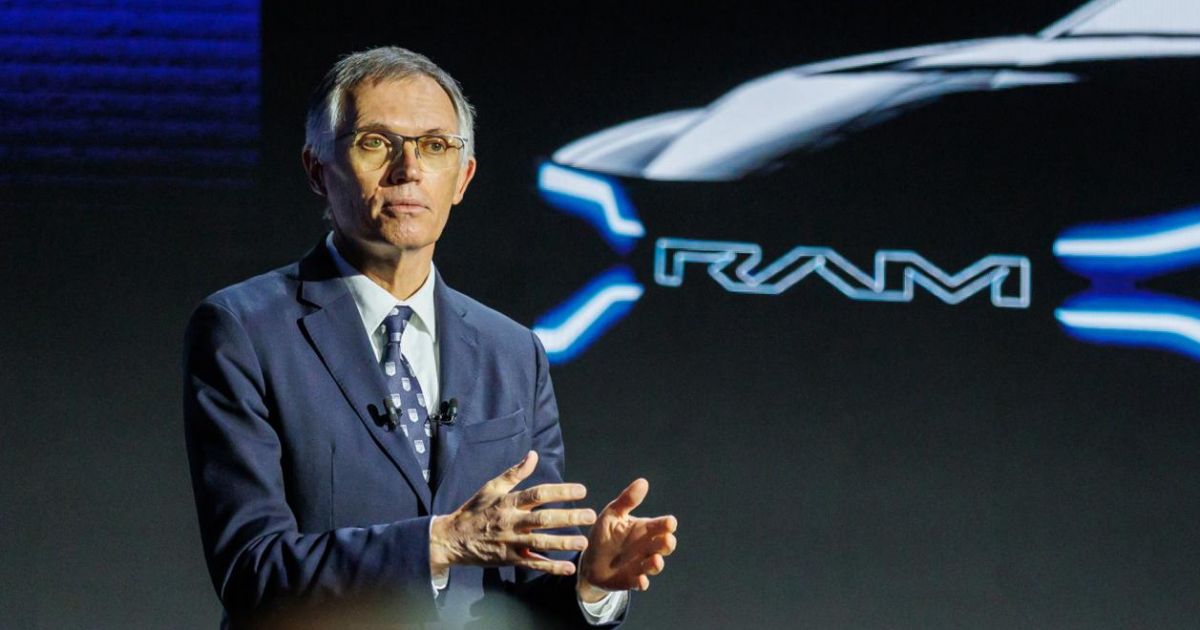
Former Stellantis CEO Carlos Tavares
However, Dodge recently ended production of the previous-generation Charger sedan and its Challenger coupe cousin, which are being replaced by the new Charger coupe and sedan that offer a choice of electric power or Stellantis’ new Hurricane twin-turbocharged 3.0-litre inline six.
The same six has also replaced the V8 in the Ram 1500, as Stellantis continues its phaseout of the Hemi which also saw it dropped from the Jeep Grand Cherokee.
Dodge has just one V8-powered model left, the Durango SUV, which is expected to be replaced in the next few years.
“Today’s changes will enable us to operate in a structure that will drive the best outcomes for the region, unlock significant potential and win in the market. A main lever is for the Ram brand to have its CEO singularly focused on that brand,” a company spokesperson said in remarks reported by Reuters.

Tim Kuniskis with the Dodge Challenger, Durango and Charger
Mr Kuniskis says that while Ram sales are down, the situation is “getting better every day” and there’s lots of work to be done, including thousands of backlogged orders to catch up on.
“Let’s be perfectly honest: We are getting our ass kicked. You see all the numbers, but it’s going to change. It’s getting better, and it’s going to change,” he said.
In addition to his decision to kill the Hemi V8, CNBC reports Mr Tavares has also been criticised by current and former executives for a relentless focus on cost-cutting at the expense of product and relationships with suppliers, unions and dealers; and an unwillingness to listen to American executives about the US market.
“If you think you know everything, you’re not going to listen to anybody else,” one source told CNBC, saying Mr Tavares’ cost-cutting moves felt like having a gun pointed to their head.
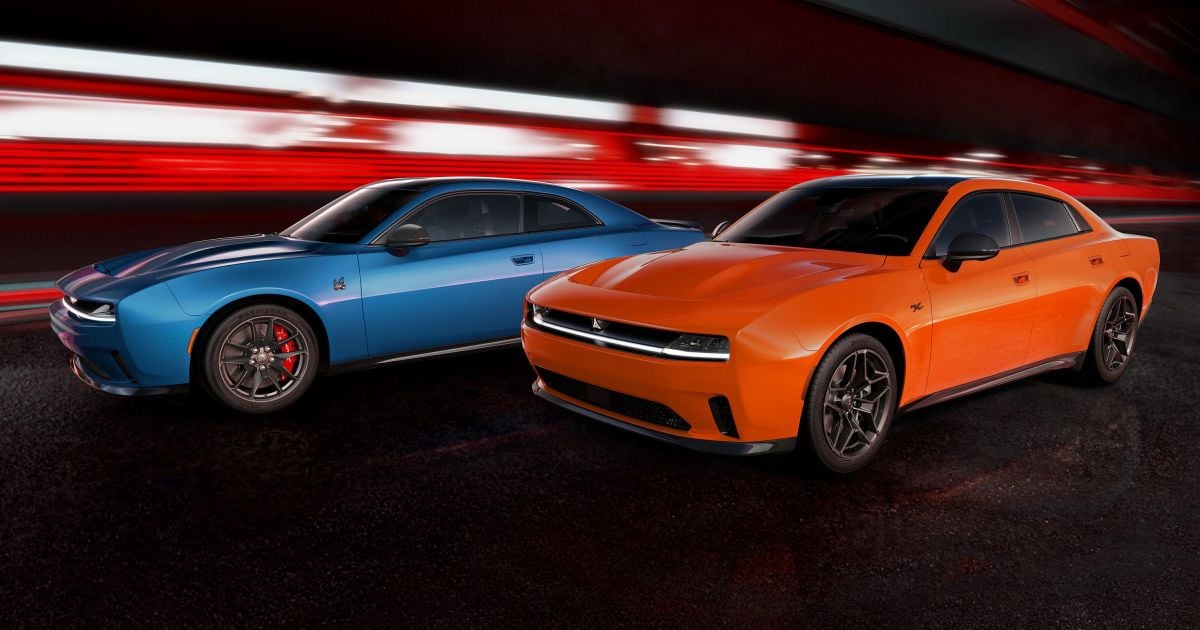
V8 no more! The new Dodge Charger
As part of its cost-cutting, Stellantis reduced its employee headcount by 14 per cent, or 40,600 employees, between 2020 and the end of 2023. This included employees in the US and in Europe.
Another source said Mr Tavares would blame US executives and not acknowledge his own mistakes, saying, “If you don’t know the market, you don’t know the customers, you can’t make the right decisions.”
“When Tavares started, he said the centre of the company is somewhere in the Atlantic … but it became very clear to us that the centre of the company was in France,” said an unnamed former executive.
Mr Tavares has also been blamed for Stellantis’ supply situation in the US – where vehicles were priced too high and the company has belatedly increased incentives in recent months to clear a glut of old stock – as well as the outsourcing of “critical” engineering work.
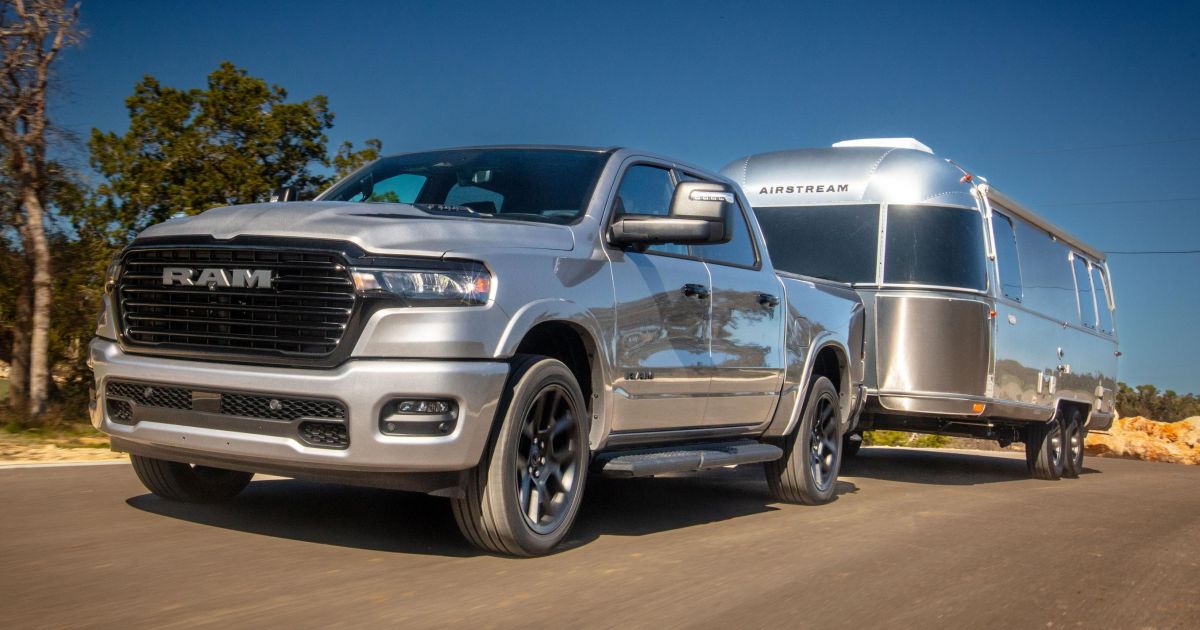
2025 Ram 1500 with Hurricane six
According to French financial newspaper Les Echos, Mr Tavares’ departure was a negotiated resignation that followed the board’s decision to terminate the CEO just two months after it backed him to stay through until his contract expired in early 2026 and assist with the search for a successor.
“Those are areas where, I think, clearly, you know, we need to build back trust,” Stellantis CFO Doug Ostermann said during a UBS conference this week. “I think there’s a strong desire among the management team today to really work on that. And it will take time.”
CNBC reports word from Mr Ostermann that problems with key stakeholders, as well as disagreements on Stellantis’ priorities for the next 15-16 months, were the main reasons behind Mr Tavares’ departure.
The Financial Times reports the “unanimous” move by the Stellantis board was in part due to differences over the automotive giant’s electrification strategy, according to people it says are familiar with the deliberations.
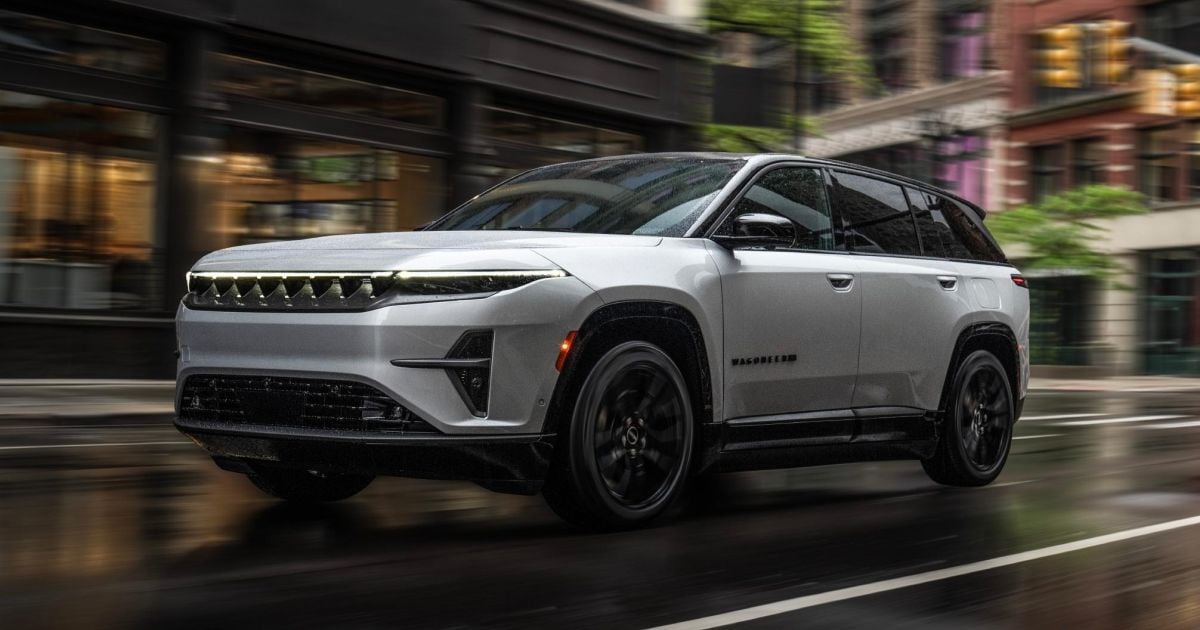
The upcoming Jeep Wagoneer S EV
Two sources told the publication that a “particular point of friction lately” had been Mr Tavares’ push for a more aggressive electric vehicle (EV) strategy to meet tough European Union emissions regulations.
This was reportedly met with opposition from the board, which called for Stellantis – the parent of Jeep and Ram, among other brands – to be more flexible in order to better sustain factory operations and profit margins.
Mr Tavares tendered his resignation on Sunday, December 1.

The now V6-only Jeep Grand Cherokee L
He had reportedly been working to rehabilitate his reputation, which had suffered in recent months despite restoring Opel/Vauxhall to profitability under the former Groupe PSA, then presiding over the merger of this conglomerate with Fiat Chrysler Automobiles (FCA) to establish Stellantis in 2021.
Under Mr Tavares’ leadership, Stellantis turned a profit in 2022 – its first full year of existence – and then recorded an even greater profit in 2023.
But in September of this year, Stellantis cut its 2024 profit forecast, warning it now expected negative cash flow of between €5 billion and €10 billion (~A$8.1-16.2bn). It had previously expected positive cash flow.
Stellantis’ net profit fell by 48 per cent in the first half of 2024 compared to the first half of 2023, with adjusted operating income dropping by €5.7 billion to €8.5 billion (~A$9.2-13.8bn).
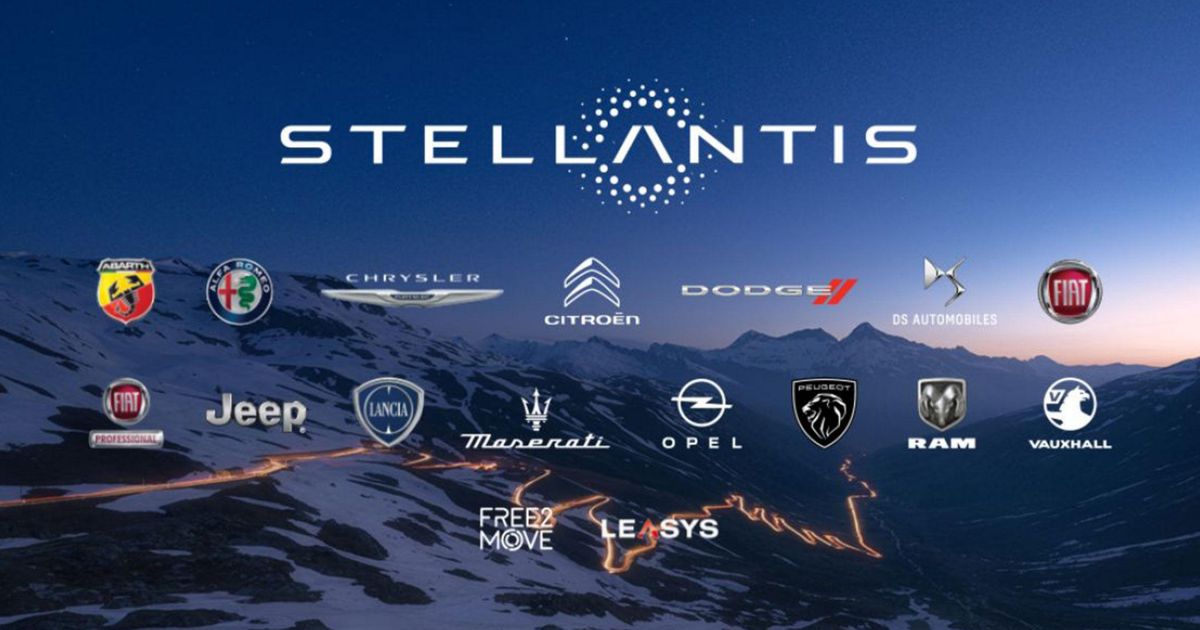
Stellantis’ many brands
Shortly after the release of this revised forecast, in October, Mr Tavares announced his retirement, before resigning on December 1.
Stellantis confirmed earlier this month the process to appoint a permanent CEO, managed by a Special Committee of the Board, is “well under way” and will be concluded within the first half of 2025.
In the interim, an interim executive committee chaired by John Elkann will man the ship.
It’s unclear if any other executives will follow Mr Kuniskis in returning to Stellantis. Recent exits have included global Jeep boss Christian Meunier, as well as CFO Natalie Knight.
MORE: Jeep, Ram parent company CEO quits abruptly amid troubles with key brands
MORE: EV dispute led to Jeep, Ram parent company CEO’s exit – report
Leave a Comment